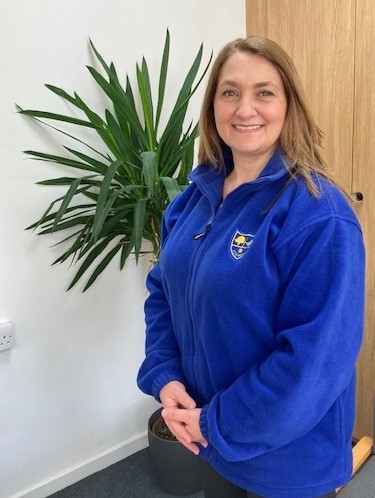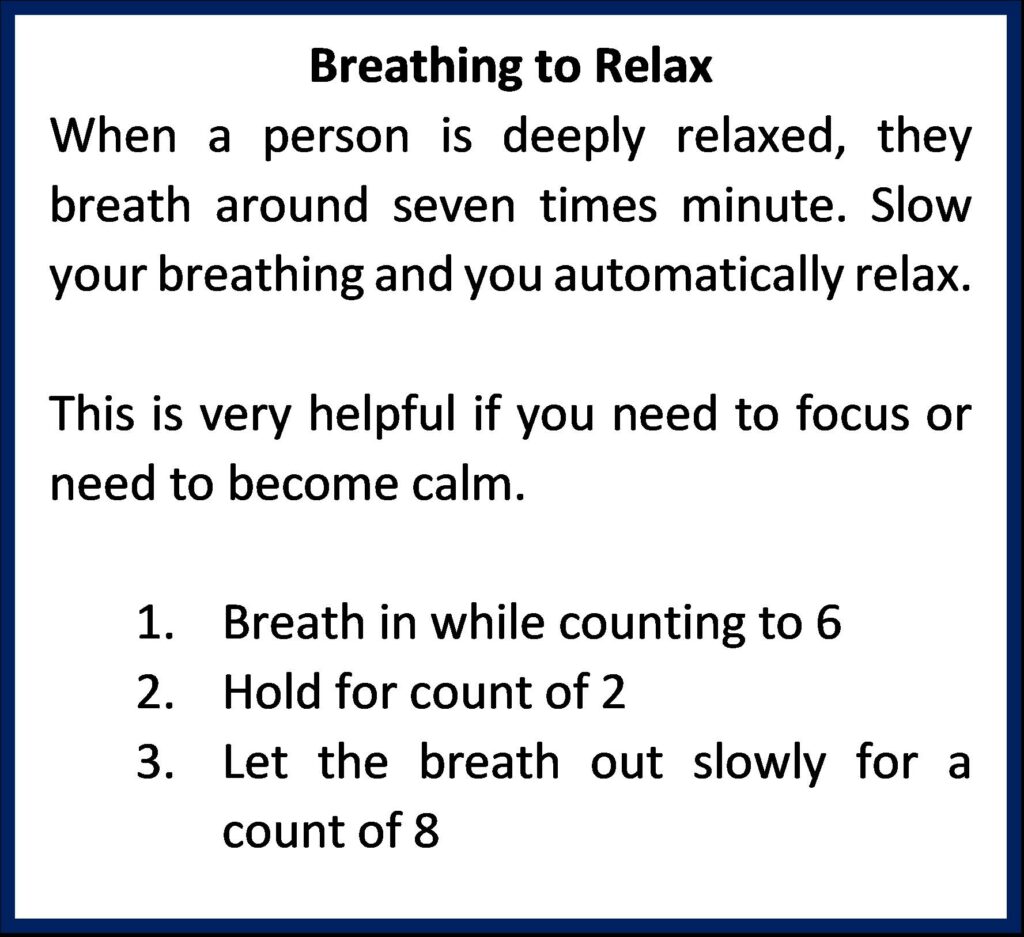Well-Being
At Stillness Infant School we feel that wellbeing and positive mental health is vital.
Wellbeing is defined as “the state of being comfortable, healthy and happy”. Although it is important to realise that wellbeing can also be a much broader concept to include a sense of purpose, belonging and being in control of how one feels. Also, significant, is to realise what wellbeing means to people day-to-day and factors that may influence wellbeing internally and externally.
Mindfulness
At Stillness Infant School we regularly take part in mindfulness and are proud of the way the children quickly learn mindfulness and what the reasons are for having a regular practice in their classrooms.
Mindfulness is the act of concentrating your breathing, being aware of the breath and being aware of what is going on around you in the present moment. The more you practice mindfulness, you realise how simple it can be, what the benefits are and how it can lift the mind.
Regular sessions can benefit you physically, mentally and emotionally. Consistent mindfulness can change the biochemistry of the body and brain, and bring about calmness as a daily way of being.
Mindfulness creates an environment that is harmonious and peaceful, and can strengthen, so that you can access it whenever you want it or need it.
Here is what some of the children say about mindfulness:
Mental Health Lead
Hazen Suleyman is Stillness Infants Mental Health Lead. She is responsible for Stillness Infant School’s approach to mental health and wellbeing. She will also forge effective links with NHS mental health services.
Duties and responsibilities
Whole school approach
Developing and overseeing our whole school approach to mental health and wellbeing, including:
- How it’s reflected in the design of our behaviour policies, pastoral support and our curriculum, including in PSHE;
- How staff are supported with their own mental wellbeing;
- How children and parents are engaged.
Working with children with mental health needs
- Knowing what national and local mental health services are available, and signposting these to children and parents;
- Developing links with local mental health services;
- Supporting the identification of a risk children and children exhibiting signs of mental ill health;
- Establishing and following a clear process if a concern is raised about a child’s wellbeing;
- Referring children to NHS services when appropriate;
- Coordinating the mental health needs of children within the school;
- Overseeing:
- The delivery of child interventions, where these are being delivered at school
- The outcomes of these interventions on children’s’ education and wellbeing.
Supporting other staff
- Making sure staff can recognise signs and symptoms of mental health needs in children, and know what to do should they have a concern;
- Supporting staff in contact with children with mental health needs to help raise awareness, and give all staff the confidence to work with these children;
- Sharing information about children with mental health needs with other members of staff where appropriate, so that there can be support throughout the school environment.
We also have a staff Wellbeing Team in place at Stillness Infants. They support staff by being available to listen to any concerns around mental health and wellbeing, with the aim of encouraging contentment and comfort and providing external support when requested.




